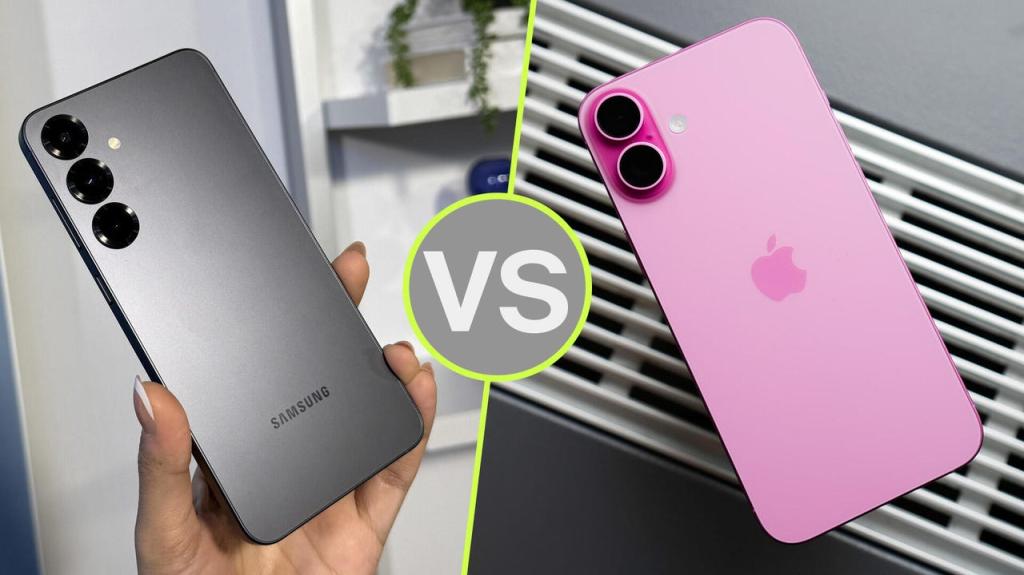Apple's Smart Doorbell with Face ID Revolutionizes Home Security
Apple's smart doorbell with Face ID redefines home security, promising seamless integration and enhanced privacy for modern homeowners. Explore the future of safety!

Key Points
- Apple is developing a smart doorbell utilizing Face ID
technology to enhance home security and seamlessly integrate with existing
HomeKitlocks.
- The introduction of this device reflects Apple's strategic shift to expand its smart home ecosystem while addressing privacy concerns related to biometrics.
- Set for potential release by late 2025, the smart doorbell positions Apple to compete with established brands like Ring and Google Nest
.
In today's ever-evolving digital landscape, home security is taking a significant leap forward with innovations that promise enhanced safety and convenience. Apple's announcement of a smart doorbell equipped with Face ID technology is spearheading this transformation, intertwining cutting-edge biometric technology with home security. This development not only reflects Apple's ambition to expand its ecosystem but also raises questions regarding privacy, security, and the future of smart home devices.
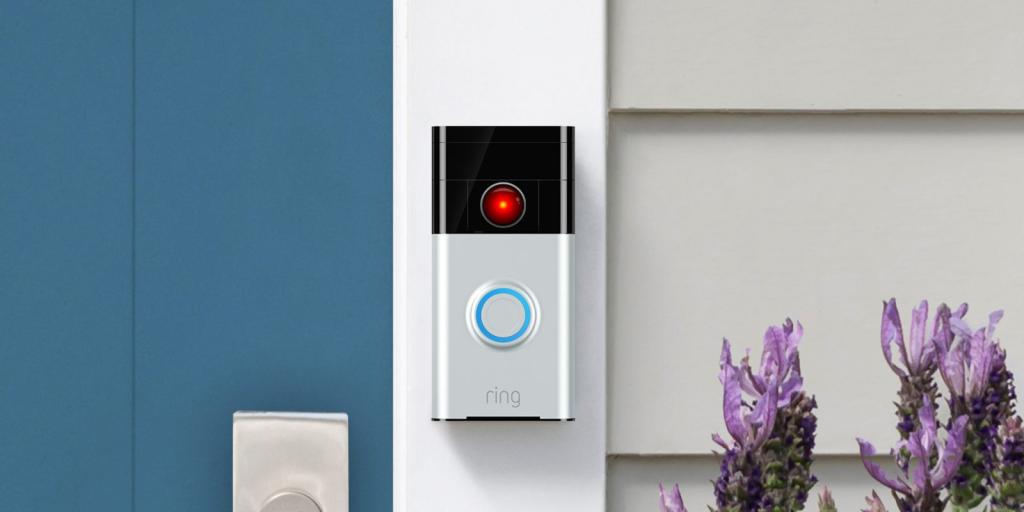
The Technology Behind the Doorbell
According to reports from
, the new smart doorbell will utilize Apple's renowned Face ID technology, enabling automatic unlocking of the door for recognized residents. This innovative feature positions Apple to compete head-to-head with existing products from
and Google, particularly the Ring and Nest brands. The doorbell is designed to integrate seamlessly with existing HomeKit-compatible locks, which means that users can enjoy enhanced security without needing to overhaul their current setups.
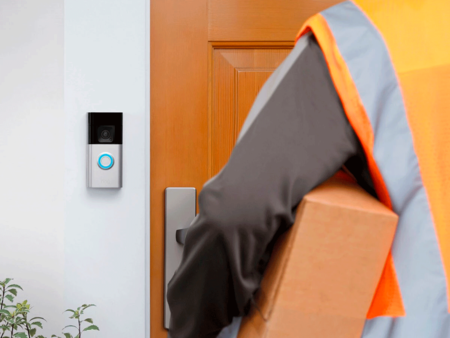
Potential Market Impact
The introduction of the smart doorbell aligns with Apple's broader strategy to penetrate the smart home market, where it previously held a limited presence. The potential to cross-sell this new device with other Apple products, such as the iPhone and
, could significantly boost sales. Moreover, this integrated approach may attract consumers seeking to enhance their home security while maintaining brand loyalty to Apple.
Currently, Apple's smart home portfolio consists largely of third-party integrations through HomeKit. This upcoming product indicates a strategic shift, allowing Apple to control more of its ecosystem, from hardware to software, enhancing user experience and privacy, which has always been a cornerstone of Apple's business philosophy.
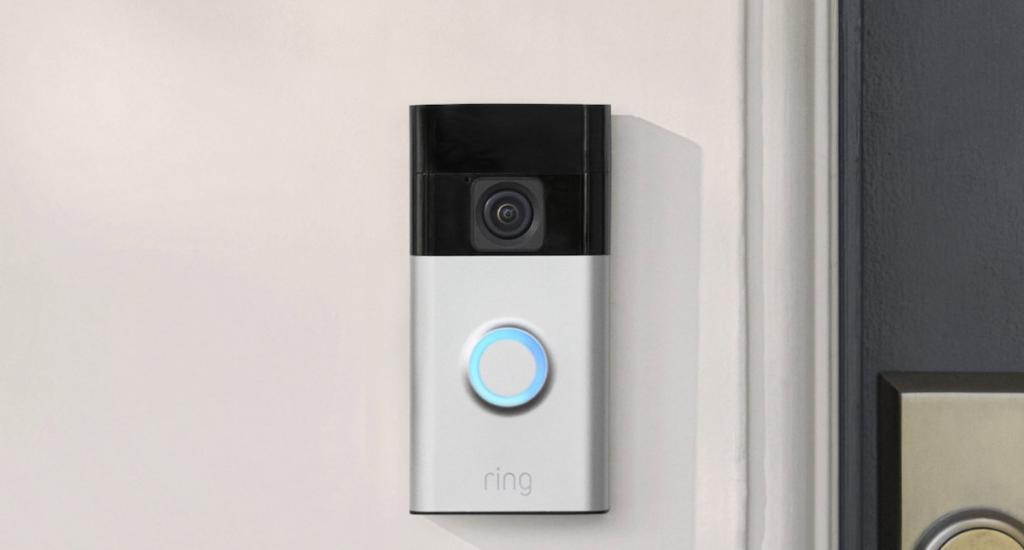
Security vs Privacy: A Delicate Balance
While the launch of the smart doorbell holds great promise, it is not devoid of challenges, particularly concerning privacy. With increasing public scrutiny over facial recognition technology, Apple must navigate these discussions carefully. Using Face ID in a doorbell raises concerns about unauthorized access and data storage, making user trust paramount. Previous incidents involving security footage being accessed without owner consent highlight the delicate balance between enhancing security and protecting individual privacy rights.
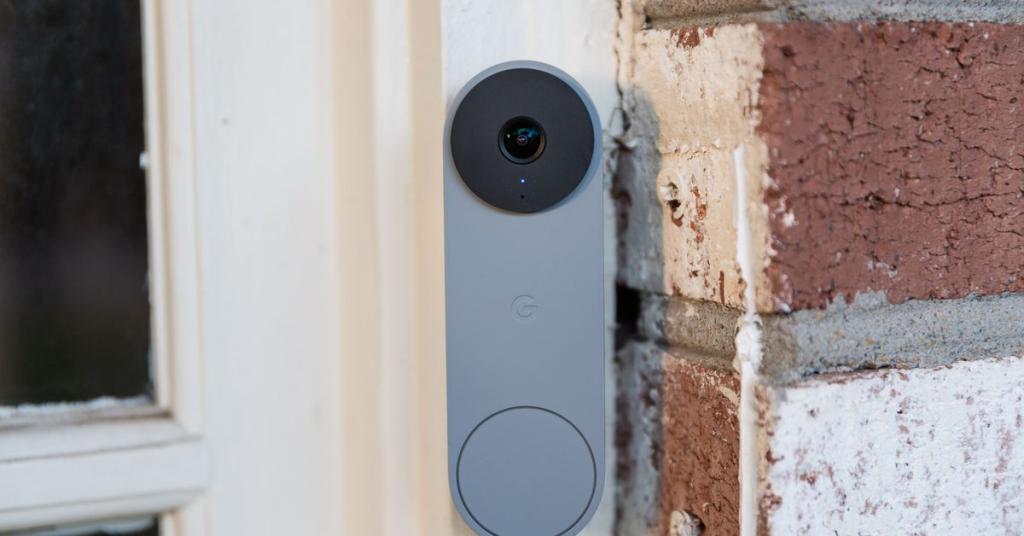
Looking Ahead: What Can Consumers Expect?
According to
, the smart doorbell is still in its early stages and is unlikely to be released before late 2025. In addition to the doorbell, Apple is reportedly working on other smart home products, including a home security camera and a smart control hub, indicating a significant shift toward a more interconnected home ecosystem. As these products emerge, they may usher in a new era of smart technology that prioritizes both functionality and user experience.
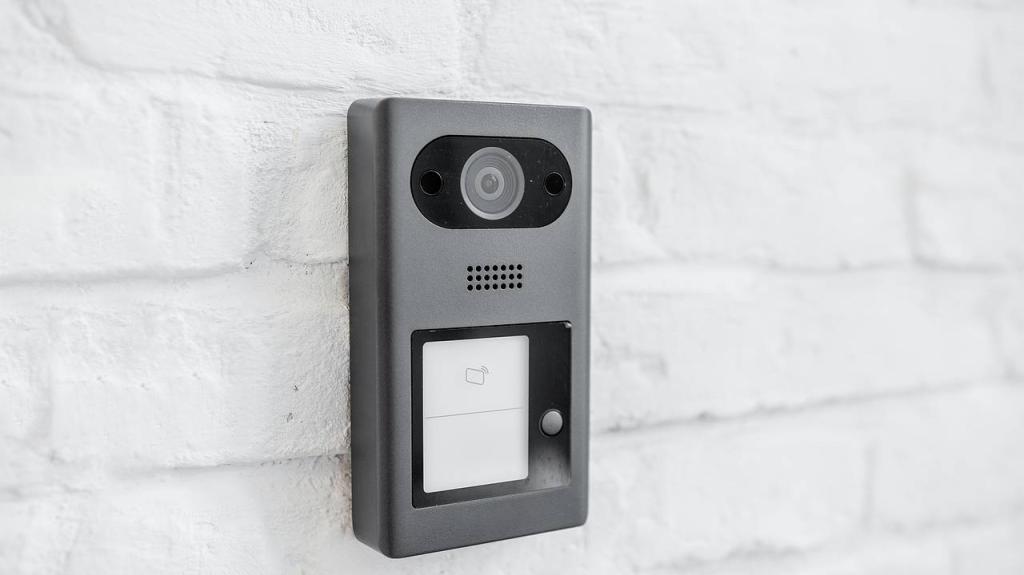
In summary, Apple’s foray into the smart doorbell arena marks a pivotal moment in the intersection of technology, security, and privacy. With its commitment to leveraging Face ID technology, Apple aims to transform home security and build a cohesive smart home ecosystem. As consumers await these advancements, the focus will remain on how well Apple balances innovation with the sensitive nature of personal privacy. Overall, Apple’s endeavors signal an exciting period of growth and opportunity within the realm of smart home technologies.
